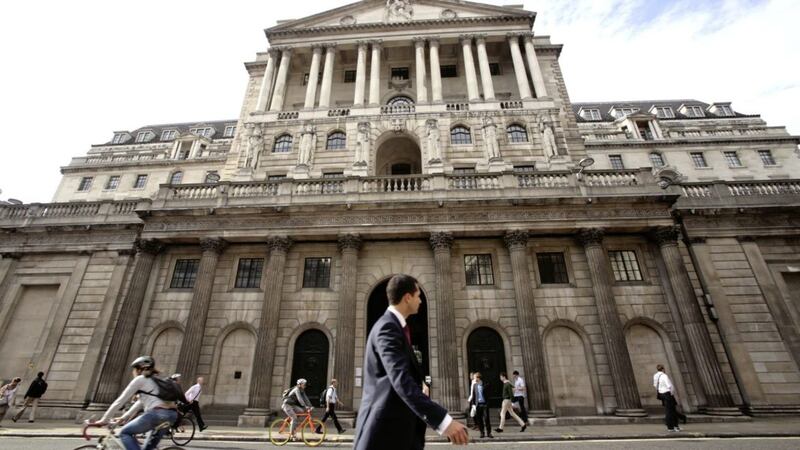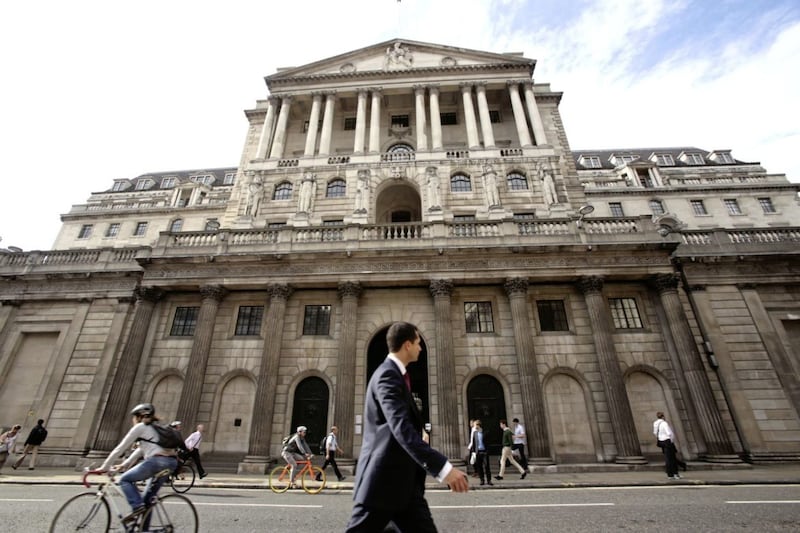REGULAR readers of this column will recall that, not long ago, I wrote about inflation and some of the ways in which the economy and investments might be impacted.
Since then, in just a matter of weeks, the focus on inflation by commentators and central banks has grown.
Inflation is, of course, the rise in the cost of goods and services over a period of time, and this column has previously mused on the creeping price of everything, from a pint of beer to home improvements.
Of increasing focus in recent weeks has been the increase, expected and real, of the cost of energy. As consumers, many of us will have experienced this already as a rise in the price of fuel for our car, or the cost of home heating and lighting.
On a bigger scale however, energy inflation is far reaching and can impact everything from food production to the cost of materials manufacturing, with some heavy industries already being squeezed by the increase in fuel costs to power their processes. Energy costs look to be one of the biggest factors to affect us on a truly global basis.
As a result of such unprecedented times, the economy has been hard to read, and the humbler commentators (myself included) have been quick to admit that the traditional methods of analysis have seemed more limited than normal.
To calm the pessimists, when we look at the world now, it is hard to conclude that fears of stagflation (sustained and uncontrolled inflation which evokes memories of Weimar Germany, for the history buffs) are based on a firm foundation.
The global economy continues to have too much pent-up demand for this to be our base case. By that, I mean that if you have tried to buy anything which comes from outside your home turf, you will be familiar with long delivery times. Indeed, even Santa has been advised by toy stores to place orders early this year to avoid disappointment!
With consumer spending still buoyant, while some of these supply chain issues are easing, what is starting to look less temporary is the very evident strain on the labour market.
Business owners and managers will be familiar with the creeping demand for higher wages and the even more apparent shortage of workers.
There can be little doubt that a combination of the pandemic, a tightening of immigration rules globally - and noting the impact of Brexit closer to home - together with government schemes to keep the economy afloat, are having a tangible effect on labour availability.
So with all this in mind, turning back to inflation, two questions present themselves: what are central banks going to do and what should investors consider?
In the UK, we have seen the first shot of a change in tone from the Bank of England, sounding more alarmist at the spike in consumer inflation than previously indicated. However, on Thursday the Bank of England announced the base rate will remain unchanged - their challenge will be balancing the need to move interest rates, with the general fragility of the global economy as it emerges from the pandemic.
And for investors, one thing is for sure: trying to trade anything in the short term usually has a pretty binary outcome – you either win or lose (and most don’t talk much about any loss).
As we often remind investors, it is time in the market, not the timing of the market, that matters. Unless you are coming to your planned investment pay-day in the near future (for example your planned retirement and pension activation), investors should remain calm and hold the line. Investors are more likely to be rewarded by focusing on long term diversified strategies that can remain invested and weather through temporary shocks.
At times like this, when fear creeps in, it can be easy to let the heart rule the head and make emotional rather than strategic decisions. If in doubt, seek advice from a (some might say cold-hearted, I would say clear-headed) professional, who will help you to focus on the right strategic moves to meet your personal investment goals.
Jonathan Sloan is Head of Barclays Wealth & Investment Management in Belfast.








